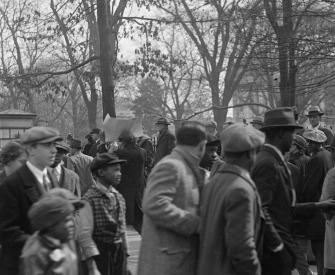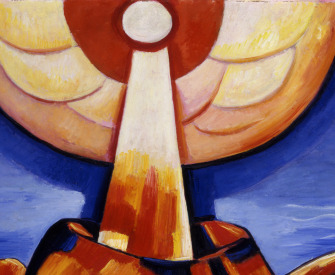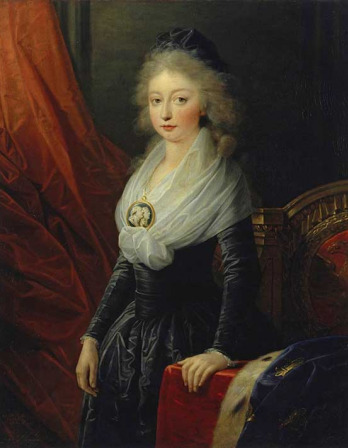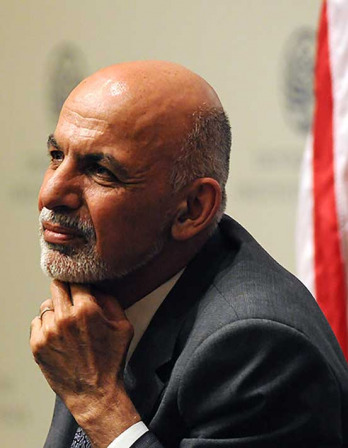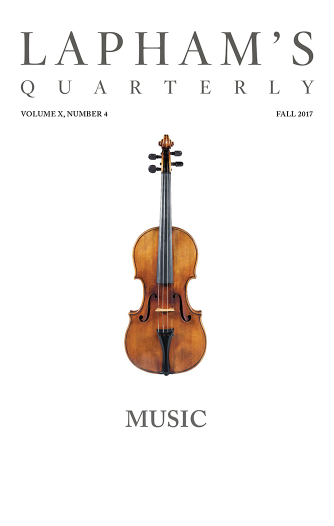Insurrection of thought always precedes insurrection of arms.
—Wendell Phillips, 1859False Lights
Edmund Burke surveys the fresh ruins of France.
Compute your gains: see what is got by those extravagant and presumptuous speculations which have taught your leaders to despise all their predecessors and all their contemporaries, and even to despise themselves, until the moment in which they became truly despicable. By following those false lights, France has bought undisguised calamities at a higher price than any nation has purchased the most unequivocal blessings! France has bought poverty by crime! France has not sacrificed her virtue to her interest, but she has abandoned her interest, that she might prostitute her virtue.
All other nations have begun the fabric of a new government, or the reformation of an old, by establishing originally or by enforcing with greater exactness some rites or other of religion. All other people have laid the foundations of civil freedom in severer manners, and a system of a more austere and masculine morality. France, when she let loose the reins of regal authority, doubled the license of a ferocious dissoluteness in manners and of an insolent irreligion in opinions and practices, and has extended through all ranks of life, as if she were communicating some privilege or laying open some secluded benefit, all the unhappy corruptions that usually were the disease of wealth and power. This is one of the new principles of equality in France.
France, by the perfidy of her leaders, has utterly disgraced the tone of lenient council in the cabinets of princes and disarmed it of its most potent topics. She has sanctified the dark suspicious maxims of tyrannous distrust—and taught kings to tremble at (what will hereafter be called) the delusive plausibilities of moral politicians. Sovereigns will consider those who advise them to place an unlimited confidence in their people as subverters of their thrones, as traitors who aim at their destruction, by leading their easy good nature, under specious pretenses, to admit combinations of bold and faithless men into a participation of their power. This alone (if there were nothing else) is an irreparable calamity to you and to mankind. Remember that your parliament of Paris told your king that in calling the states together, he had nothing to fear but the prodigal excess of their zeal in providing for the support of the throne. It is right that these men should hide their heads. It is right that they should bear their part in the ruin which their counsel has brought on their sovereign and their country. Such sanguine declarations tend to lull authority asleep, to encourage it rashly to engage in perilous adventures of untried policy, to neglect those provisions, preparations, and precautions which distinguish benevolence from imbecility—and without which no man can answer for the salutary effect of any abstract plan of government or of freedom. For want of these, they have seen the medicine of the state corrupted into its poison. They have seen the French rebel against a mild and lawful monarch, with more fury, outrage, and insult than ever any people has been known to rise against the most illegal usurper or the most sanguinary tyrant. Their resistance was made to concession; their revolt was from protection; their blow was aimed at a hand holding out graces, favors, and immunities.
This was unnatural. The rest is in order. They have found their punishment in their success. Laws overturned, tribunals subverted, industry without vigor, commerce expiring, the revenue unpaid yet the people impoverished, a church pillaged and a state not relieved, civil and military anarchy made the constitution of the kingdom, everything human and divine sacrificed to the idol of public credit and national bankruptcy the consequence—and, to crown all, the paper securities of new, precarious, tottering power, the discredited paper securities of impoverished fraud and beggared rapine, held out as a currency for the support of an empire, in lieu of the two great recognized species that represent the lasting conventional credit of mankind, which disappeared and hid themselves in the earth whence they came, when the principle of property, whose creatures and representatives they are, was systematically subverted.
Were all these dreadful things necessary? Were they the inevitable results of the desperate struggle of determined patriots, compelled to wade through blood and tumult, to the quiet shore of a tranquil and prosperous liberty? No! Nothing like it. The fresh ruins of France, which shock our feelings wherever we can turn our eyes, are not the devastation of civil war; they are the sad but instructive monuments of rash and ignorant counsel in time of profound peace. They are the display of inconsiderate and presumptuous, because unresisted and irresistible, authority. The persons who have thus squandered away the precious treasure of their crimes, the persons who have made this prodigal and wild waste of public evils (the last stake reserved for the ultimate ransom of the state), have met in their progress with little, or rather with no opposition at all. Their whole march was more like a triumphal procession than the progress of a war. Their pioneers have gone before them and demolished and laid everything level at their feet. Not one drop of their blood have they shed in the cause of the country they have ruined. They have made no sacrifices to their projects of greater consequence than their shoe buckles, while they were imprisoning their king, murdering their fellow citizens, and bathing in tears and plunging in poverty and distress thousands of worthy men and worthy families. Their cruelty has not even been the base result of fear. It has been the effect of their sense of perfect safety, in authorizing treasons, robberies, rapes, assassinations, slaughters, and burnings throughout their harassed land.

Edmund Burke
From Reflections on the Revolution in France. Upon reading this denunciation of the recent political events, Thomas Jefferson observed, “the Revolution in France does not astonish me so much as the revolution in Mr. Burke”; Burke had been known as a defender of the American Revolution years earlier. As if anticipating the criticism, Burke claimed near the end of his book that he was one “who would preserve consistency by varying his means to secure the unity of his end.” Having served in Parliament from 1766 to 1794, he died at the age of fifty-six in 1797.
